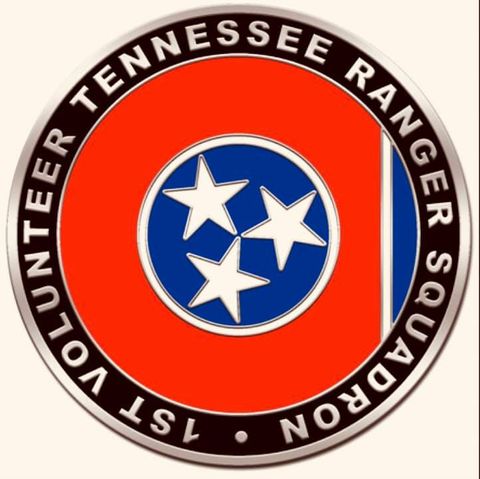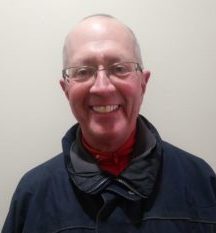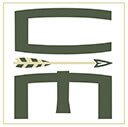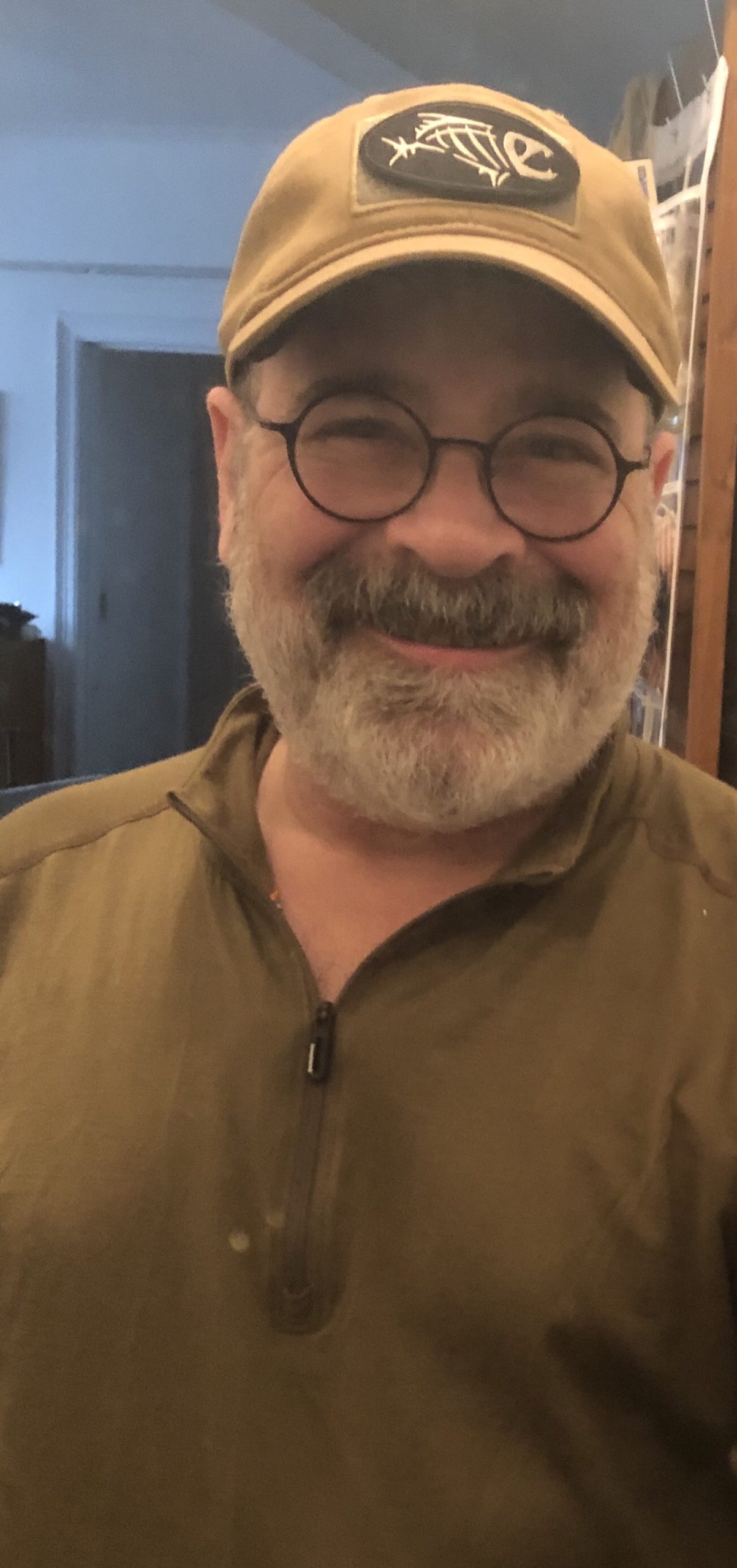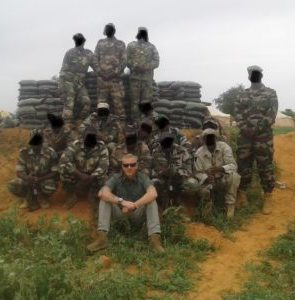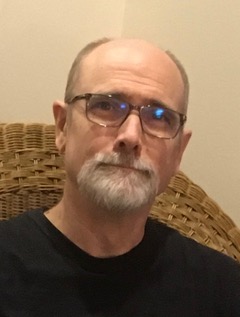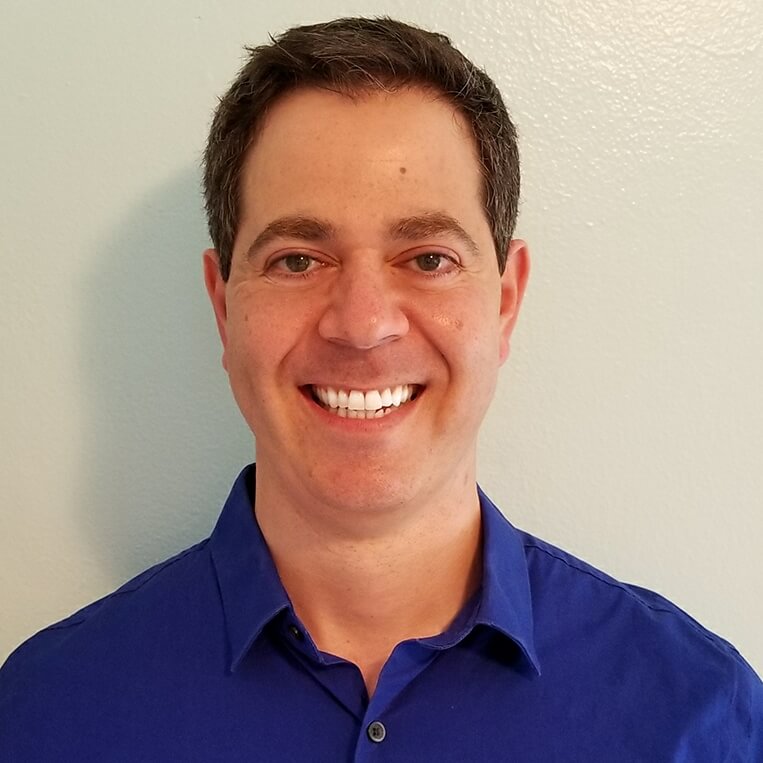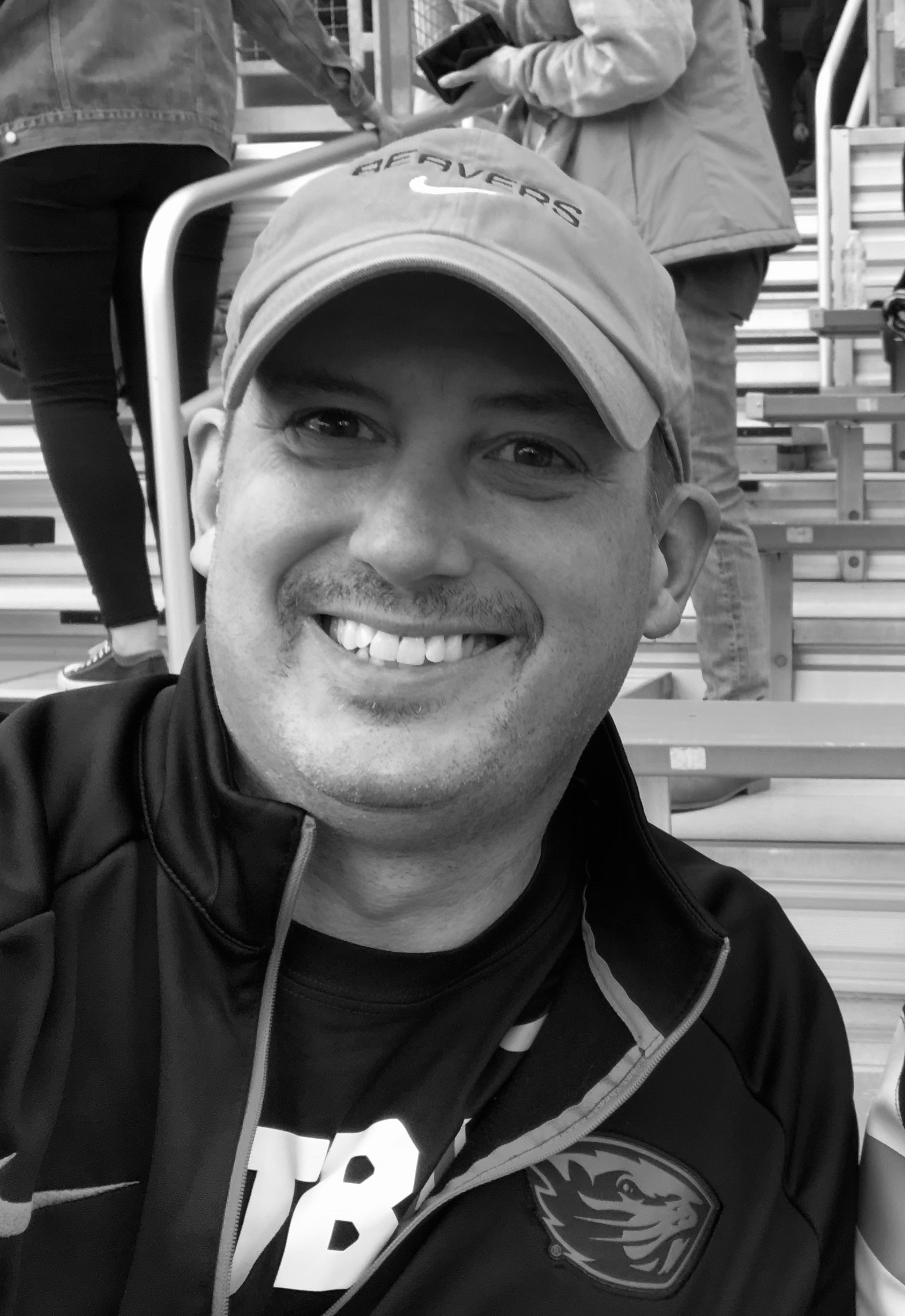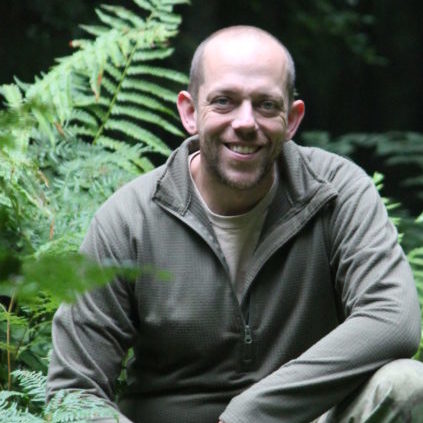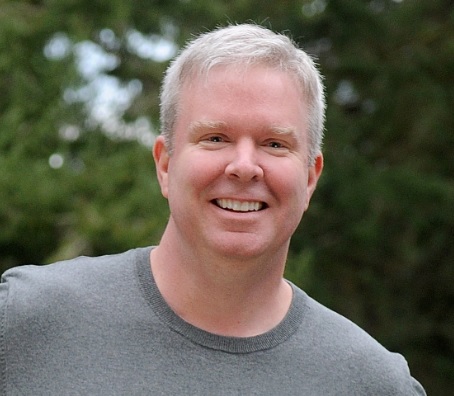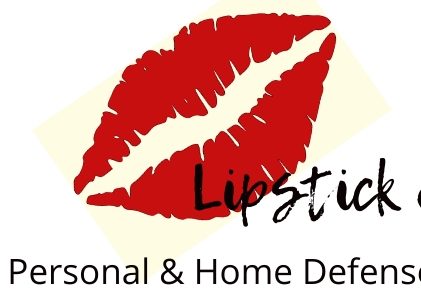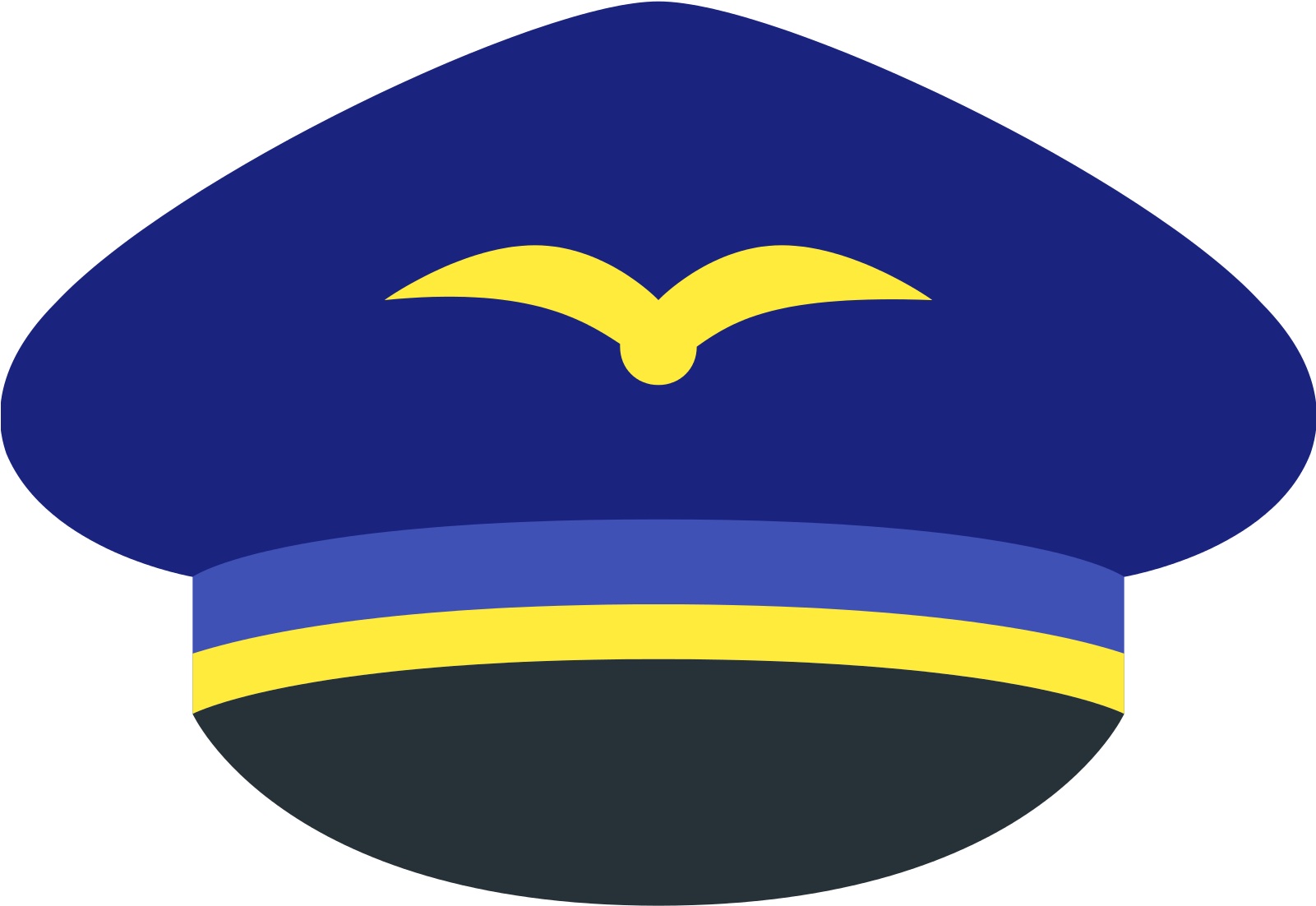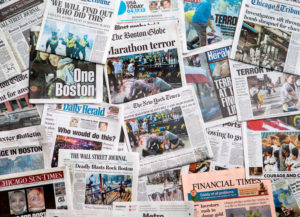Run-hide-fight. . . Treat.
- You have car insurance. Not because you want to wreck your car but because it could happen.
- You have fire extinguishers and smoke detectors. Not because you’ve ever had a fire but because it could be catastrophic if you did and weren’t prepared.
- Maybe you’ve followed the Red Cross’s advice and have an emergency kit with 3 days or 2 weeks worth of supplies. Maybe you’ve been meaning to do so.
- Maybe you’ve taken a CPR course. Maybe you need to add some more skills and equipment to your skill set?
The world isn’t getting any safer. We should be confident that we can cross the street (Westminster Bridge, Nice), go to our schools (Virginia Tech, Columbine), places of Worship, (Sutherland Springs, Charleston), sporting events (Boston Marathon, Congressional baseball game), and music venues (Las Vegas, Paris Bataclan, Manchester), but the reality is we were never completely safe. Active shooter and active violent incidents are not the only cause of massive hemorrhage and the need for immediate medical interventions: car accidents, outdoor activities, can all cause life-threatening injuries both close to home and in remote areas.
Law enforcement arrives on average 4 minutes after the first 911 call; EMS arrives 4-10 minutes later.
In the first 10 minutes, any medical care is either performed by private citizen bystanders or law enforcement. Casualties can die without hemorrhage control and life-saving intervention while awaiting First Responders. The White House began the Stop the Bleed campaign in 2015 encouraging all Americans to obtain hemorrhage control training. Communities with more citizens who are trained to help in an emergency are more resilient.
An extremity wound with massive hemorrhage is generally entirely survivable if hemorrhage control techniques are properly and quickly applied. EMS probably won’t be there to help. Who will? Who will arrive to save you or your family? What if you could? What if you had the training and knowledge to put together an inexpensive kit that you could use to maximize your chances and those of your loved ones, to survive.
The first rule of casualty care is to keep yourself safe. If you get injured trying to help others, you’ve made the problem worse. It’s what we call ‘being a force multiplier for the enemy.’ You need to learn to stay safe and treat casualties so they can survive long enough to be attended to by higher medical providers like EMS, emergency departments, and trauma surgeons.
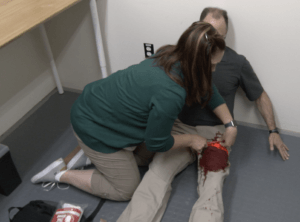 Tactical Casualty Care courses from Crisis Medicine will teach you these skills. Some currently popular first aid courses trying to fulfill the White House Stop the Bleed mission offers basic hemorrhage control. That is beneficial and hopefully, more bystanders will be able to use these skills learned in an hour or two to help casualties.
Tactical Casualty Care courses from Crisis Medicine will teach you these skills. Some currently popular first aid courses trying to fulfill the White House Stop the Bleed mission offers basic hemorrhage control. That is beneficial and hopefully, more bystanders will be able to use these skills learned in an hour or two to help casualties.
For those who want a more robust skill set, Crisis Medicine provides two courses: Essential Casualty Care, a foundational 2.5 hour course that covers a plan to deal with casualties using the MARCH mnemonic, and is framed around providing care from a public access hemorrhage control kit or simple IFAK, and our Tactical Casualty Care class, a 7.5-hour online course that teaches you more than just tourniquet application.
You’ll learn what to do, how to do it, and how best to address many of these critical injuries with minimal equipment, while the event is ongoing, and when the casualty will most need your help.
In these courses, you’ll watch dynamic lectures based on medical science, interwoven with photographs, real-world events from World War II through the Global War on Terror and domestic events. You’ll then have the opportunity to see hands-on demonstrations of the techniques, taught by a practicing emergency medicine physician and former Special Forces medic. Lastly, you’ll have the opportunity to see all the skills put together in theatrically filmed scenarios.
OUR STUDENTS' EXPERIENCE
outstanding job of making the material clear and concise
Considering the complexity of the subject, Dr. Shertz does an outstanding job of making the material clear and concise. He has a passion for evidence-based care, and is able to speak with obvious experience and authority on trauma care. I enjoyed the course and will encourage others to take the TC2 course as well.
Take the class!
Years ago, I made sure I had the latest C.A.T. tourniquet to put in my trauma kit but only recently did I learn how to use it and ended up getting a newer version. I've always taken pride in being well prepared on having a complete first aid kit but not knowing how to use everything is not to bright.
In January (2020) I took a Stop the Bleed class and became energized to learn more. Later on, I watched the video "Until Help Arrives" (FEMA) which added to a good basic skill set on hemorrhage control. But after I went through Tactical Casualty Care (TC2) I feel like I'm a part of my local EMS community by being an “Active Bystander”.
Today I have confidence and empowerment as I'm hiking, working outside, doing errands, or if come across a violent incident...doing something is better than nothing! I keep my new Trauma Management Kit (as I call it) next to me in my car or on my pack because every second counts. I recommend putting your own kit together instead of an OTC kit because you can put in the best components available, for example I have the C.A.T. 7, ETD (NAR), etc. because they work and are backed by science. So, what I'm trying to say is take the class!
The detail, stress inoculation and real-world applicability gave me confidence that I can handle situations
Most of my life I lived in a safe bubble. I practiced martial arts and self-defence but never had the opportunity to learn any medicine for TECC/TCCC environments. I moved to Portland right before the Pandemic and quickly learned that anything could happen, anywhere, at anytime, and if I wasn't prepared I would totally be a liability.
I took TC2 and I'm working my way through K9 TC2 and CRBN. The detail, stress inoculation and real-world applicability gave me confidence that I can handle situations much more intense than I ever thought. Dr. Shertz taught it in such a straightforward way that my curiosity is taking me towards an R-EMT program in the near future to be more involved in TECC. It was insanely informative, honestly fun, and entertaining. I now trust the skills I've learned can safe my life, as well as my friends and family. I know that the images and stories I've seen will prepare me for situations that others would freeze in. The whole Crisis Medicine team went above and beyond in helping me learn and feel a part of the community. Looking forward to more training in the future.
Overall the course is clear, feasible, contains great material, and is a lifetime skill set
I am a 56-year-old New Yorker, I’m not going to bug out in case of an emergency like a climatic emergency or civil unrest. Having this type of skill is useful for me first, my family second, others in need, and also as a bartering skill to keep me and my family safe.
Finally learning something useful and potentially helpful to the community at large for any number of circumstances is an intelligent thing to do. Further in NY in normal times you could expect a 4 minute to 15 minute response time by trained pros. These skills could very well be the difference between life and death.
To anyone out there considering this course: don’t do as I did. Do not buy the equipment first and take the course second. You’ll save yourself a lot of cash by doing it the other way around. And another takeaway you will only need the equipment you are trained on. Maybe some backup of those in your car, at work. But training first, equip yourself second.
Overall the course is clear, feasible, contains great material, and is a lifetime skill set I wish I would have thought of acquiring many years ago. Give this to your kids as a present as soon as you feel they can take it! And finally, if you own a gun it would be almost criminal not to have these skills.
Thank you to Crisis Medicine. As soon as I can I’m taking the next course.
It was incredible how much the class learned
⭐️⭐️⭐️⭐️⭐️
Essential Training For Everyone
I've taken the TC2 in-person class, and it was incredible how much the class learned. I decided to take the Advanced TC2 online to add to my knowledge base. What you learn in this class will help you aid yourself and others. Dr. Shertz will tell you what's bogus and what is medical fact. Then you'll learn to use that knowledge. Don't be an internet ninja with an IFAK you don't know how to use. Be the person who can truly help someone.
Definitely worth doing this course! You have my seal of approval.
Informative, concise, and an excellent teaching method. Being an ex-military type myself, I very much appreciated the simple, clear verbiage as well as the subtle military sense of humor that comes through in all the lessons. I would certainly recommend this course to anybody who has an interest in tactical or emergency care. I have done many courses in my time and as online courses go, this was certainly one of (if not) the best. Bravo!
Highly researched, packed with examples, and delivered with top-notch production quality…
Tactical Casualty Care is the holy grail in crisis first aid training. Mike Shertz expertly distills his decades of experience as a Special Forces Medic and as an Emergency Room Physician into a powerful fact-filled training that leaves you confident knowing what to do in a crisis first aid event. Mike cuts through urban legends and misinformation and shows, through research and real-life situations, what works and what doesn’t.
Mike has seen it, done it, and knows how to share it in a powerful presentation style that sticks. Everyone can benefit from this important information. Highly researched, packed with examples, and delivered with top-notch production quality, this online course will give you skills that can mean the difference between life and death for someone you love or anyone you may encounter who needs crisis first aid
Consider this training mandatory
If you are around guns or any other pursuit that puts you at risk of serious trauma, you need this training. It's focused, compelling, and backed by facts and data. I can only hope that any first-responders who treat me or those close to me have had this training or have been trained by those who have. If you carry, this training is as important as the law of self-defense and shooting training.
I really enjoyed the no-nonsense teaching
There is very little education available out there for active people (family, job) who are not available to take classes in a real school setting beyond what the Red Cross or AHA offers (BLS, First Aid). Seminars are expensive and not always available within a 300-mile radius. As a teacher and gun owner, basic trauma first aid/TECC is important. I have also invested in plenty of supplies to fill several IFAKs, and I am very familiar with commercial TECC supplies.
I was pleasantly surprised by the circumspect tone of the videos and the cautious approach to gear and recommendations (chest seals, for example). All in all, I was very satisfied by the course. Thank you.
This ranks in the top classes I have taken. Maybe the best. Exceptionally well done!
I just completed the [online] TC2 course and thought I'd drop you a note and let you know how much I liked the course. Actually loved the course! I am a CPA and over the years have done a ton of CPE to maintain my certification and this ranks in the top classes I have taken. Maybe the best. Exceptionally well done!
Thank you for providing this material. I hope I never have to use it, but as with CPR, you never know. I have had to use CPR a couple of times, so I'll sleep better after taking this course should I ever be in a situation where these skills are needed.
I feel more confident in helping in a bad situation
I am a member of a beginner, rag-tag little CERT team (with minimal training), and a member of an online preparedness community. We all want to be able to render aid to our friends and families. Who knows what is going to happen in the near future with all the lawlessness in our cities.
I took the Essential Casualty Care class and felt like I got so much out of that short course. It was definitely worth the $25. I now plan to take the TC2 class as well. Though it is not hands-on, I do feel like I will gain much knowledge from it.
You really also took away the confusion I previously had on what to include in a trauma kit and how to actually USE those items! - which I know should become my "everyday carry kit". I feel more confident in what I will purchase and I feel more confident in helping in a bad situation. There are way too many youtube videos showcasing all the different kits and items without explaining it in concrete visual terms like your online class did.
I never even knew there were public access trauma kits sometimes located near the AED boxes. Now I will be keeping an eye out for those!
Lastly, it was shocking to learn how belts do not work as tourniquets and actually can create much bigger problems. I appreciate the detailed explanation of WHY it doesn't work. Makes complete sense. What a great misconception about that.
A fantastic way to learn life-saving skills
I have been in my fair share of medical classes but this was my first ever online course. That being said this course is a fantastic way to learn life-saving skills. Just don't forget, perfect practice makes perfect so keep your skills sharp!
Dr. Shertz is the perfect balance of huge doctor brain, dark humor, and 18-D to keep me learning, interested, and engaged. I certainly giggled more than a few times. I would recommend this course to anyone who wants to be an asset to society, team, and family.
The support I got was great. At one point I clicked a button in the course that I didn't mean to but the support I got was really solid, solved the issue and super friendly.
…The online training and step-by-step skills stations are every bit as effective at driving home the material as the in-person training
Transformational! Crisis-medicine.com's Complete Tactical Emergency Casualty Care course has been one of the most transformational experiences in my life. Dr. Shertz's practical, no-bullshit approach to triage and treatment of life-threatening trauma has been distilled down to skills and techniques that are very trainable, attainable, and applicable for civilian hands.
After taking this course I am confident in my ability to identify, treat, and manage mass casualties in any active violent event. I can build an aid system using equipment that has been researched, tested, and proven to work - and that won't fail my expectations during a crisis. Everyone who believes that it's important to be prepared for emergencies should crave this knowledge; everyone has something to learn here.
Having taken both the in-person and online training I can honestly say that the online training and step-by-step skills stations are every bit as effective at driving home the material as the in-person training and track very closely with the classroom experience. In some cases, the on-line training is actually a superior way to learn the material, as you can back up to a section you want to review or pause and ponder a graph or chart that is being presented. Although the hands-on classroom experience is undeniably beneficial, the online course will still get your knowledge and mindset where it needs to be for you to act as an effective force multiplier for good if the worst should happen. Thank you Dr. Shertz!
I can not recommend this course highly enough!
Having a background as both an EMT and Tactical Firearms instructor I thought I knew a lot but I was amazed at all the things I learned! Dr. Shertz teaches his curriculum in a very easy to understand and no nonsense way that applies directly to real world scenarios that many of us may face on a daily basis and takes the time to explain in detail how to address the crisis. The lectures are engaging and the training is spot on.
In seamanship, the primary rule is: keep the water out. This class could be nicknamed: keep the blood in.
In basic boating seamanship, there are a couple of primary rules and one is: Keep the water out. Dr. Shertz's class on Tactical Casualty Care could be nicknamed: Keep the blood in. Dr. Shertz is a dynamic and crisp instructor and compelling educator. I unlearned years of Hollywood war movie myths on what a bullet does to the body and learned what really happens when a person (or gelatin) gets shot.
Most importantly I learned what I could do to help 'keep the blood in' and how to go about that to a reasonable degree. Both the classroom and hands-on instruction were thorough and I recommend the class to anyone who wants to become more educated in tactical casualty care, or wants to possibly be of use if found in a direct or indirect threat event with casualties and minimal equipment.
Wow! I love the no-BS approach
Covid-19 is ongoing, but, I recently returned to working in an office in NYC. That means a ~1.5-2h commute each way through various public transits. With the current political environment, I felt too exposed to threats. I carry a TQ, QuickClot, chest vent, Israeli bandage, gloves, and sheers (wow, my carry gear is completely about to change, thank you!) and felt "confident", but "untrained".
I watched a lot of YouTube videos (wow, they are wrong); but, had on my docket to take a 2-day course on trauma wounds taught by former SF. With the virus, the course was canceled.
I did a search and found this, read the reviews, looked at the material listing, and figured this would be worth a shot.
WOW! I am an engineer, a mountaineer, and this material literally speaks to me. I love the no-BS approach. I love the "this is the data around IF this works and under what conditions."
These presentations almost make it feel like you are there.
No matter if the injury is caused by accident, nature, or violent perpetrator. I believe it is important that one is capable of being your own first responder. We can make a difference during the time before more highly trained and equipped help arrives. This course adds a lot of important information, skills, and mindset that may not be typically provided in a more traditional first aid/CPR course.
The lectures, slides, videos, and demonstrations are well balanced and provide a comprehensive understanding of each topic and skill set. I know it is most ideal to work through these skills in person but these presentations almost make it feel like you are there. I also appreciate Dr. Shertz's candor, humor, and unbiased discussion and evaluation of the many products and techniques that are presented.
